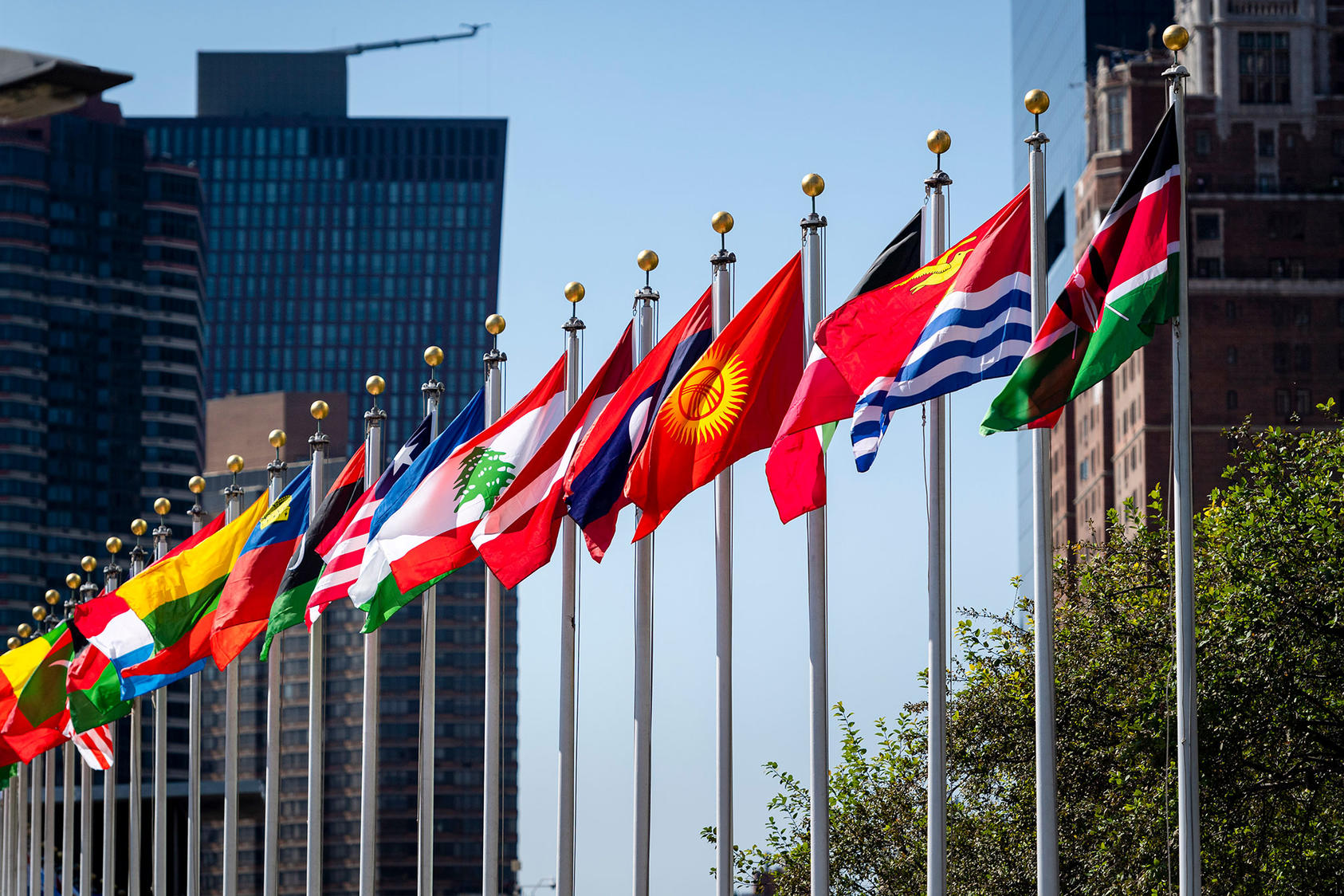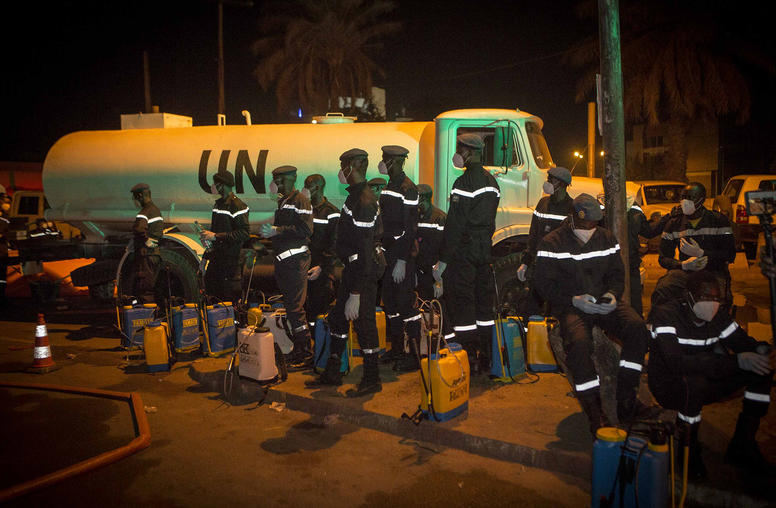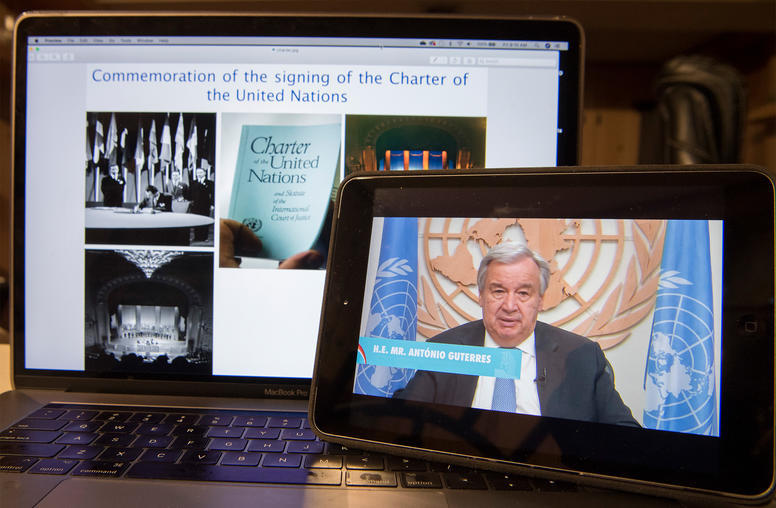The International Partnerships (IP) team leads the Institute’s policy engagements with international actors to enable foresight, insight and action on the most pressing global challenges to building and sustaining peace. Through the development of a virtuous circle of timely, policy-relevant thought-leadership and collaborative partnerships with major international policy actors and dialogue forums, the IP team works to expand USIP’s global policy influence and advance USIP’s mission to prevent and mitigate violent conflict.

In a rapidly shifting geopolitical context marked by a return to strategic competition among great powers, the erosion of international institutions and norms of collaboration, and a generational pandemic that threatens the security of billions of people worldwide, USIP’s work in building and sustaining international partnerships has never been more essential.
The International Partnerships team plays a central role in positioning the Institute to deliver timely, thoughtful, policy-relevant research and scholarship on critical international policy topics. Specifically, the IP team:
- Provides leadership and strategic direction on improving policy and practice to build stronger systems of international collaboration amid heightened geopolitical competition.
- Leads USIP’s engagement with multilateral and nongovernment actors to inform more effective international action to prevent conflict and build peace in fragile states.
- Leverages USIP’s expertise and learning to understand and develop strategies to address the peace and security implications of the coronavirus pandemic.
In addition to these thematic priorities, the IP team serves as “connective tissue” between USIP’s experts and programs and major international partners, organizations, and initiatives, including the United Nations system, foreign governments, international financial institutions, and nongovernmental and intergovernmental organizations.
Through collaborative partnerships, the IP team connects USIP’s experts with external stakeholders to inform policy discussions with current evidence and relevant analyses to enable planning, insight, and action on the most pressing global challenges to building and sustaining peace.








